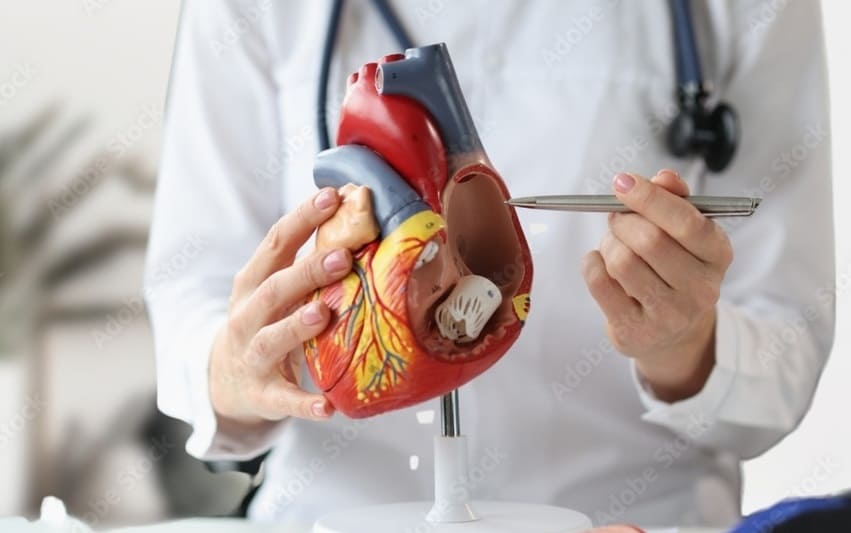When it comes to health, few topics are as alarming and perplexing as the idea of having a “hole in the heart.” If you’ve ever wondered why this condition occurs, you’re not alone. Let’s explore what this means, why it happens, and what experts say about its causes and management.
What is a Hole in the Heart?
A hole in the heart is a defect in the wall (septum) that separates the heart’s chambers. This condition is medically known as a congenital heart defect (CHD) and can be present at birth. Common types include:
- Atrial Septal Defect (ASD): A hole between the heart’s upper chambers (atria).
- Ventricular Septal Defect (VSD): A hole between the heart’s lower chambers (ventricles).
While these are the most recognized types, there are other less common variations as well.
Causes of Hole in Heart: Why Does It Happen?
The reasons behind a hole in the heart can vary, but experts point to a mix of genetic and environmental factors. Here are the key causes:
1. Genetic Factors
Some individuals are born with congenital heart defects due to genetic predispositions. Conditions like Down syndrome are often associated with heart defects, including septal holes. If there’s a family history of CHD, the likelihood of occurrence increases.
2. Environmental Factors During Pregnancy
The development of the baby’s heart occurs within the first few weeks of pregnancy. Certain factors during this critical time can disrupt normal development, leading to defects like a hole in the heart. These factors include:
- Maternal illnesses: Conditions such as diabetes or rubella during pregnancy.
- Medication and substance exposure: Certain medications or drug use during pregnancy.
- Alcohol consumption or smoking: These habits can increase the risk of fetal heart abnormalities.
3. Incomplete Closure of the Septum
In some cases, a hole forms because the septum fails to fully develop or close during fetal growth. For instance:
- Patent Foramen Ovale (PFO): This is a small hole that usually closes naturally after birth but remains open in some individuals.
4. Acquired Defects
While less common, holes in the heart can also occur later in life due to:
- Heart attacks: These can sometimes lead to the formation of a hole in the heart wall.
- Trauma or infections: Severe injuries or certain infections can damage the heart.
Symptoms of Hole in Heart
Small defects might go unnoticed and cause no symptoms. However, larger holes can result in:
- Fatigue
- Shortness of breath
- Poor growth in infants
- Heart murmurs (detected during a medical exam)
If you experience any of these symptoms, seeking medical advice is crucial.
How Is It Diagnosed?
Doctors often diagnose a hole in the heart using imaging techniques such as:
- Echocardiograms
- Chest X-rays
- Electrocardiograms (ECG)
- Cardiac MRIs or CT scans
Treatment Options
The treatment depends on the size and severity of the defect:
- Observation: Small holes may close on their own without intervention.
- Medication: Used to manage symptoms or prevent complications.
- Surgical Repair: Larger holes may require surgery or catheter-based procedures to close the defect.
Prevention and Awareness
While not all cases are preventable, adopting a healthy lifestyle during pregnancy can reduce the risk. Key tips include:
- Maintaining regular prenatal care.
- Avoiding harmful substances like alcohol and tobacco.
- Managing chronic health conditions effectively.
Final Thoughts
A hole in the heart might sound scary, but advancements in medical science mean most cases can be managed effectively. Whether congenital or acquired, early diagnosis and proper care are crucial. If you or a loved one is affected, consult a cardiologist to explore the best treatment options.
Understanding the causes and solutions is the first step toward better heart health. By staying informed and proactive, you can ensure a healthier future for yourself and your loved ones.
Also Read:
